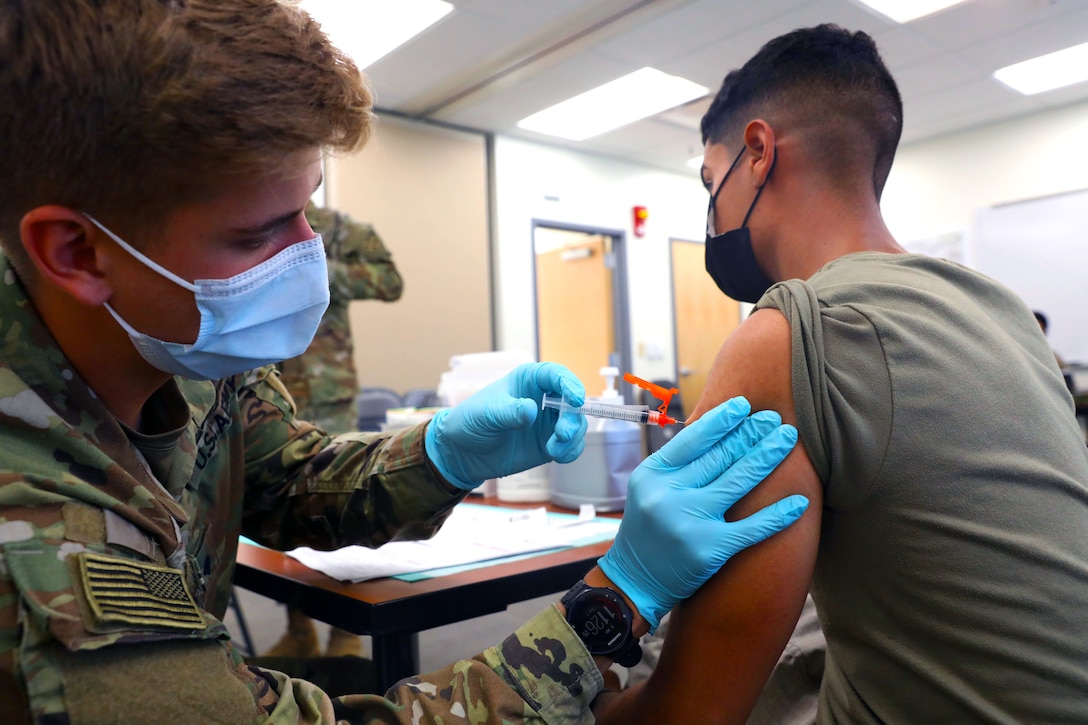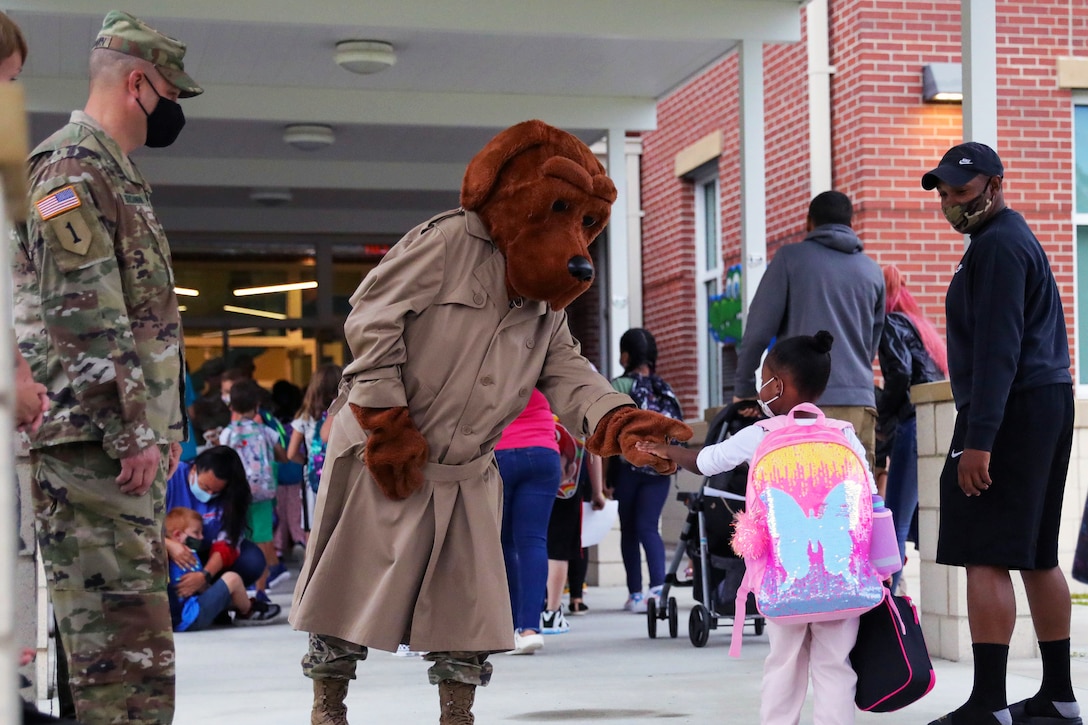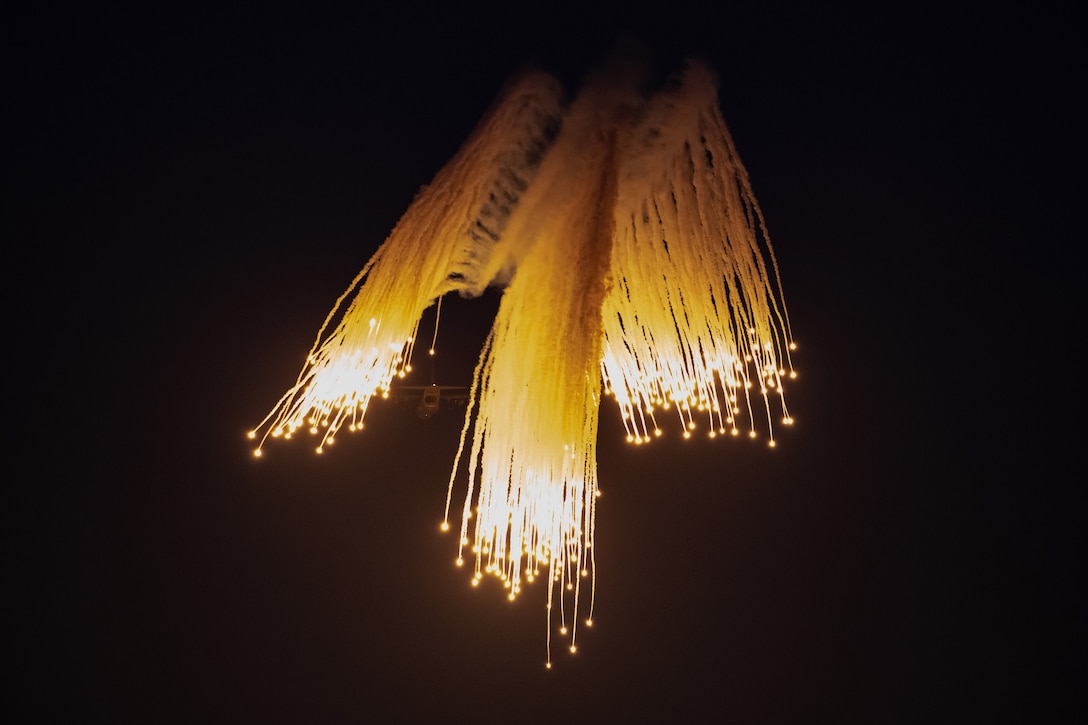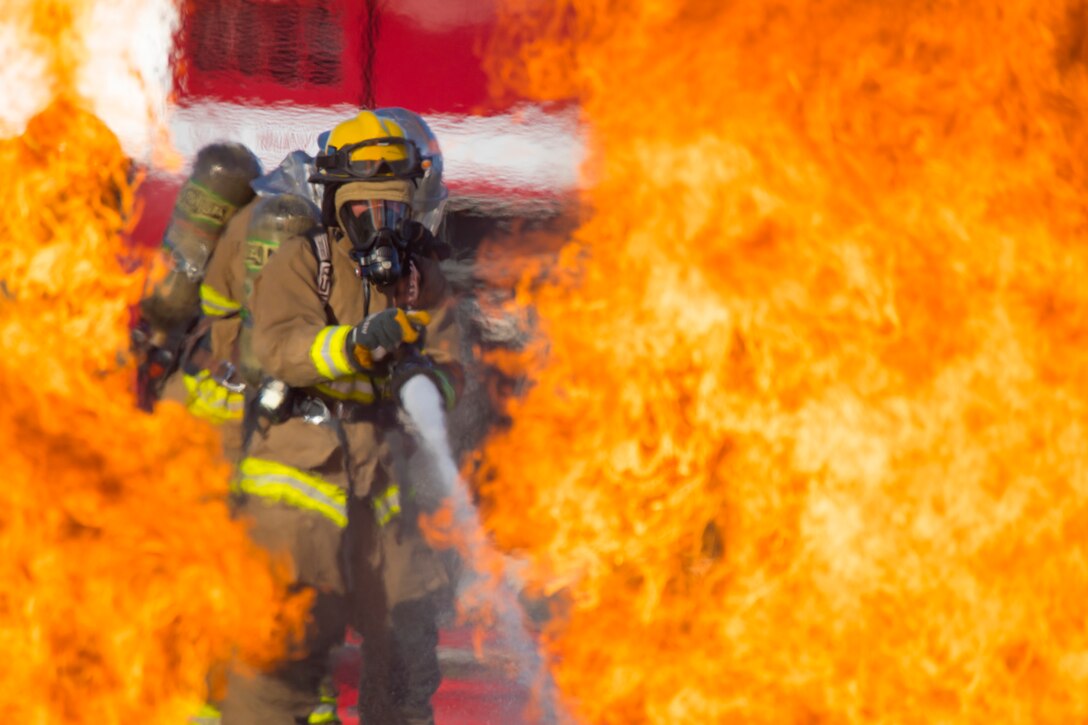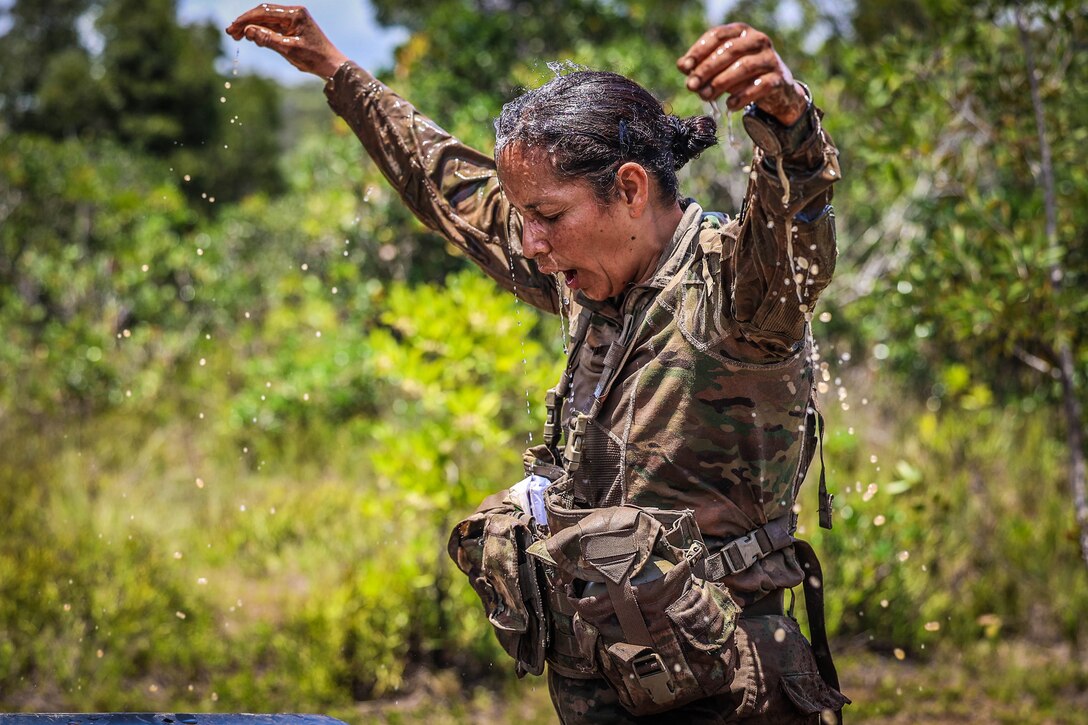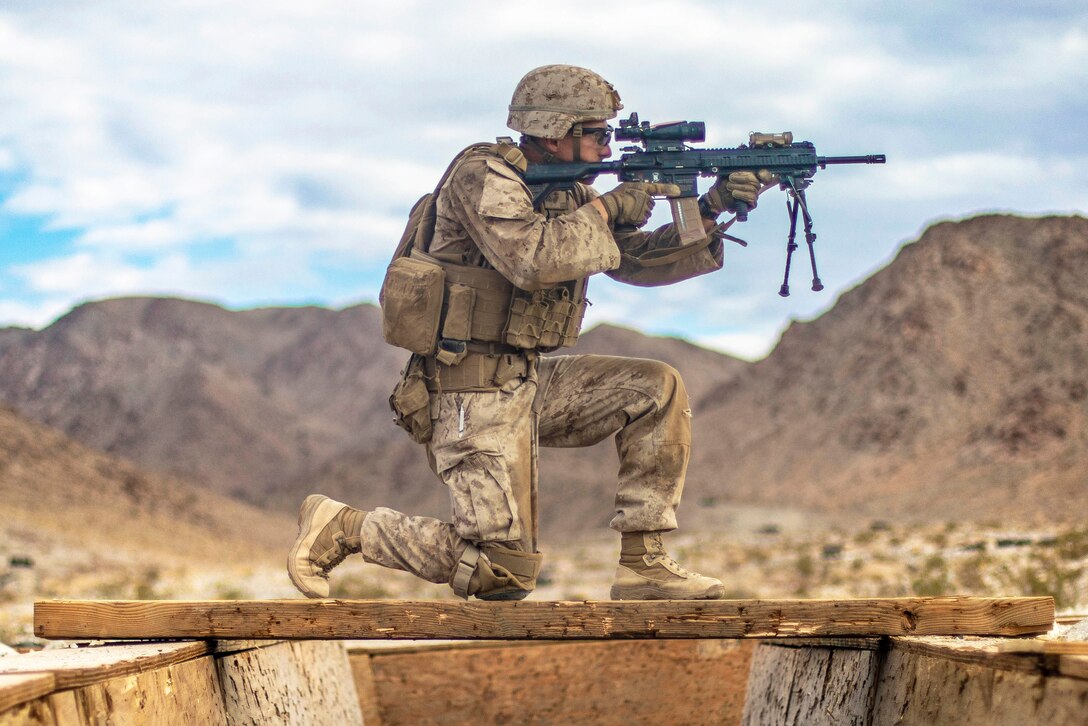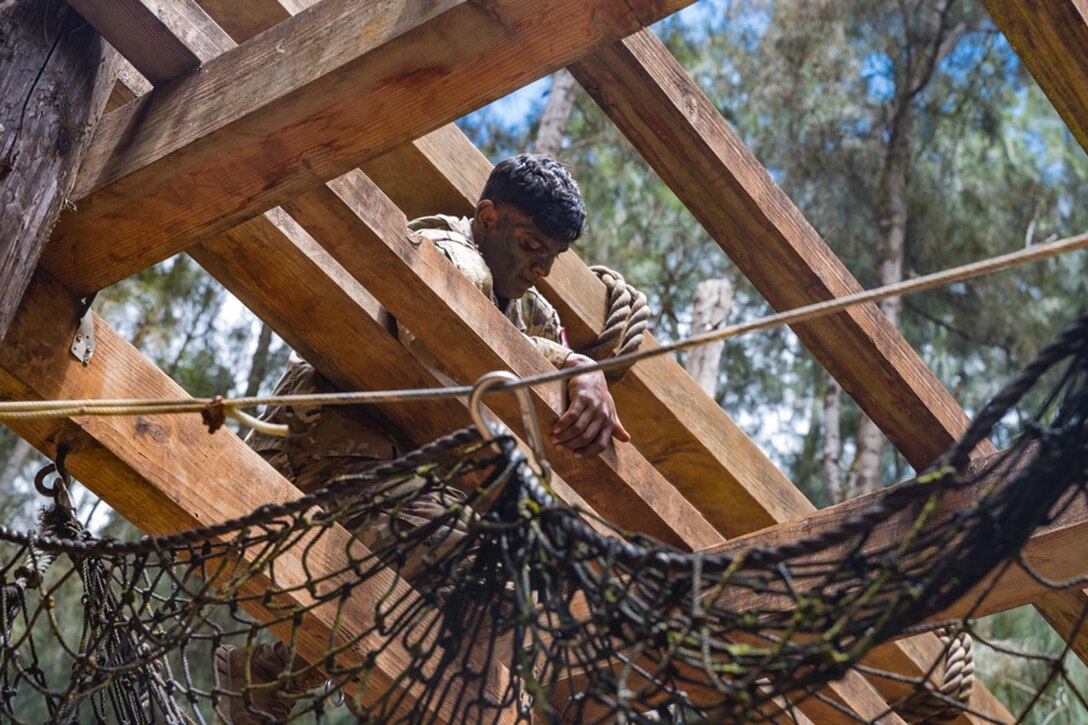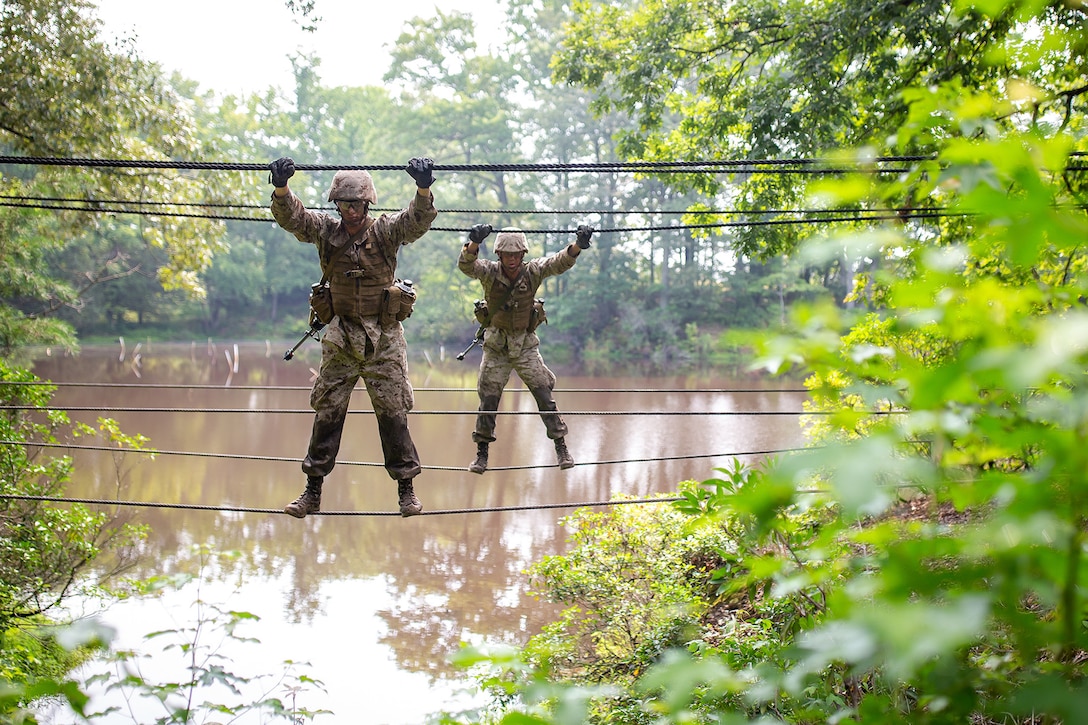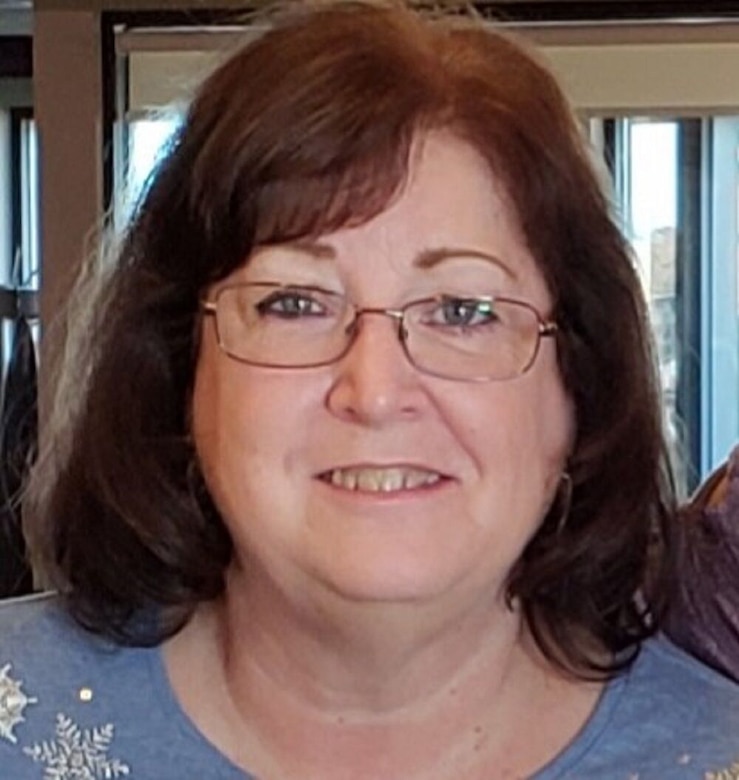Jane Hoelscher remembers her fifth-grade teacher in
Michigan calling her dad a "baby killer" for being a soldier in Vietnam
in 1965-66. She remembers the protesters at the airport spitting in her
dad's face when he returned home.
She remembers two soldiers mistakenly coming to her house in 1968 to
tell them that her dad had been killed in Vietnam even though he was at
work at his steel mill job.
But none of that stopped Hoelscher from joining the Army in 1975.
"I was the oldest [of three children]. I wanted to be independent," she said.
Hoelscher, an elementary school teacher in Clayton County, Georgia,
near Atlanta, served in the Army from 1975-81 and left as a sergeant.
"I believe that the military gave me integrity, dignity, respect –
respect for myself and respect for others – and a firm work ethic," she
said.
Besides wanting independence, she also joined because she liked
traveling and wanted training for a job. Growing up in an Army family,
she was used to traveling with her parents and younger sister and
brother.
Her father, Robert Harrison, first served from 1952-54, before
marrying her mother. He joined again in 1956 and served until 1966. He
left active duty as a staff sergeant when he returned home in 1966, and
he retired from the Army Reserve in 1981 as a first sergeant. Harrison, a
heavy smoker, died in 1983 from a massive heart attack. He was 53.
"Being that I was the oldest, I was very influenced by the military when I was a child," Hoelscher said.
She graduated from high school in Riverview, Michigan, in 1973. Her
father had always told her she needed a college degree if she was going
to be successful. Hoelscher went to Monroe Community College in Monroe,
Michigan, from 1973-75 and earned an associate degree in journalism.
Hoelscher was mature for her age, at college she connected with older
students who were Vietnam veterans. She could tell what rank they were
when they wore their old uniform shirts in the cafeteria. They were
using the GI Bill, which was about to change after 1975. Hoelscher got
accepted to Central Michigan University, but she couldn't afford it. She
ended up with two part-time jobs at the local mall.
She discussed her options with her father, who was then in the Army
Reserve, and decided the Army was her best option. She wanted to join
before Christmas of 1975 before the new changes in the GI Bill went into
effect, so she entered that October. Her mother, Helen Harrison,
remembering the Army's mistaken identity death report in 1968, got upset
about her decision. Her mother died last May.
Hoelscher did basic training at Fort Jackson, South Carolina. She
received advanced individual training at Fort Gordon, Georgia, as a
radio teletype Morse code operator. Coincidentally, her dad had been a
radio teletype operator and infantryman. She went to Fort Riley, Kansas;
Fort Leonard Wood, Missouri; and finally Darmstadt, Germany, from
1979-81 where she finished her career.
"I was one of the last groups of WACs [Women's Army Corps]," Hoelscher said.
She earned a bachelor's degree in elementary education from Drury
University, Springfield, Missouri, in 1987, a master's in early
childhood education from West Georgia, Carrollton, Georgia, in 1998 and a
specialist degree from Lincoln Memorial University, Harrogate,
Tennessee, in 2012.
She did her student teaching in Missouri, and she served as a teacher
for the Defense Department in Germany from 1990-92. She saw the Berlin
Wall come down while working in Bamberg after seeing the wall go up as a
child when her dad was stationed in Germany. She arrived in Georgia in
the summer of 1992, and she has taught in Clayton County for the past 28
years. She plans to retire June 1 after more than 30 years of teaching.
Her former husband, William, a veteran of the Persian Gulf War, died
from cancer in 2014. Her daughter, Julie, who was born in Frankfurt,
Germany, resides in Atlanta.
Hoelscher, 65, who resides in Henry County, Georgia, plans to resume
traveling after the pandemic. She also enjoys reading historical
fiction.
She shared her thoughts on this nation's commemoration of 50 years since the Vietnam War.
"We have to learn from our mistakes," she said. "And we have to face
the challenges of the next century. We have to use technology to make
our lives better, but technology doesn't need to rule our lives."
(Skip Vaughn is an editor at the Redstone Rocket at Redstone Arsenal in Alabama.)

